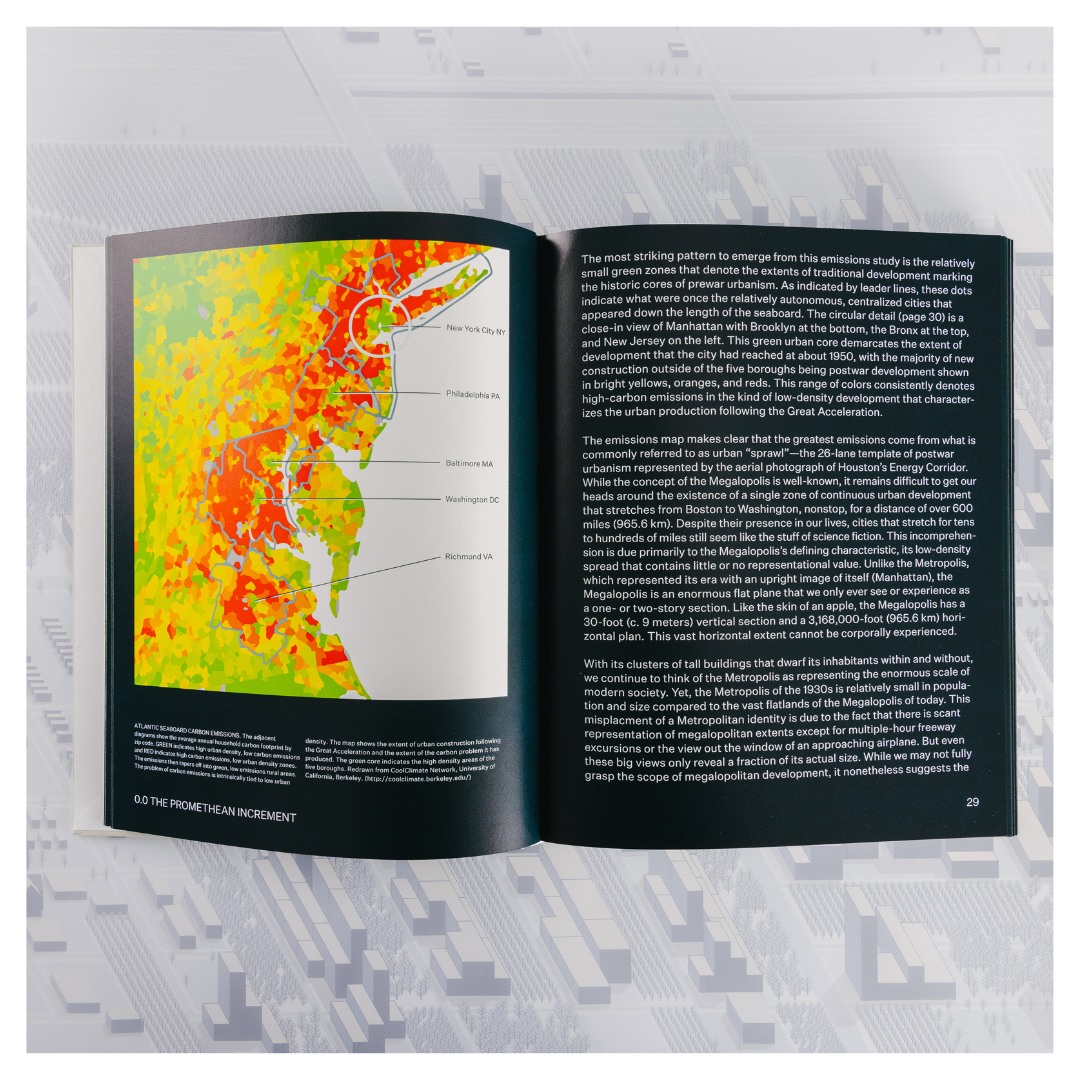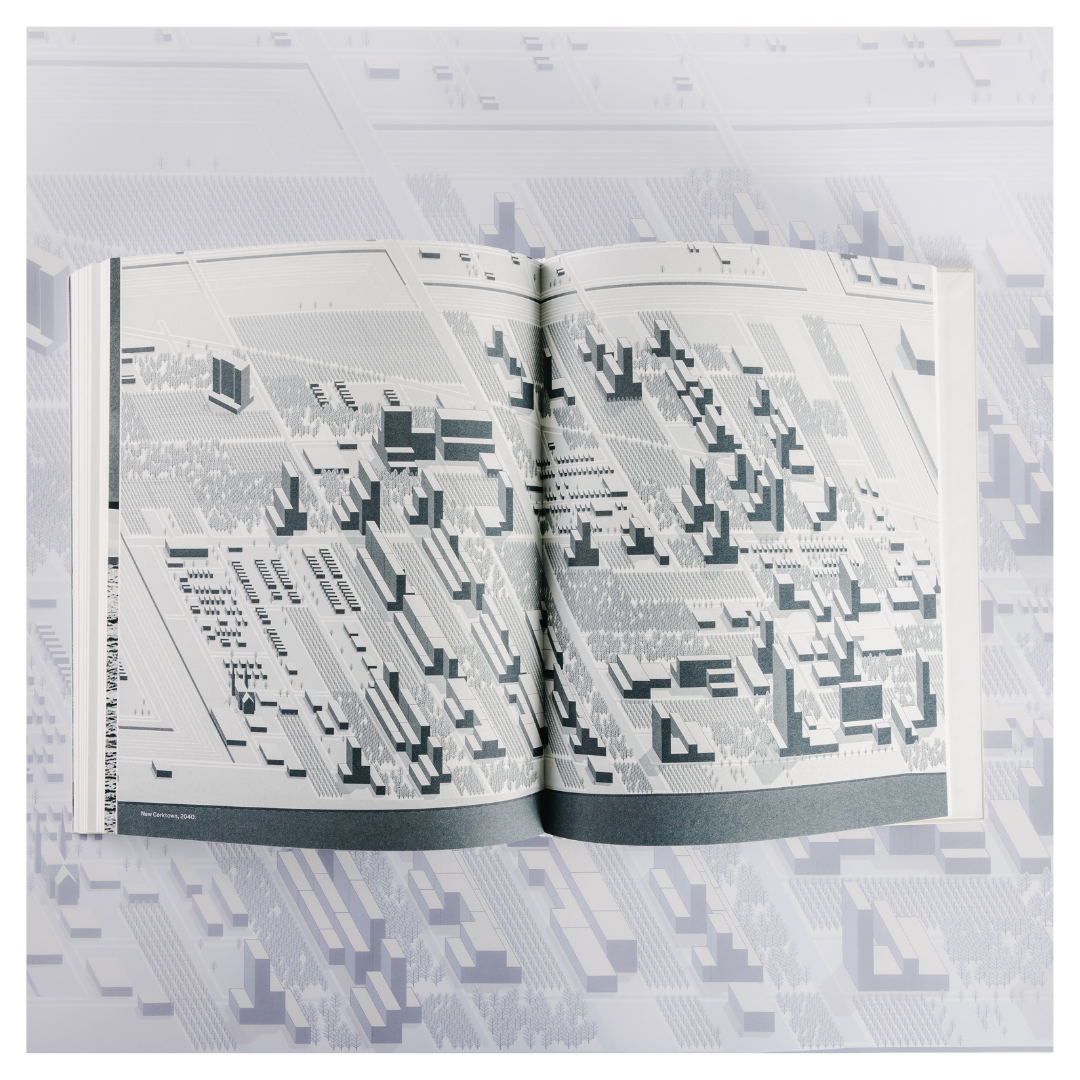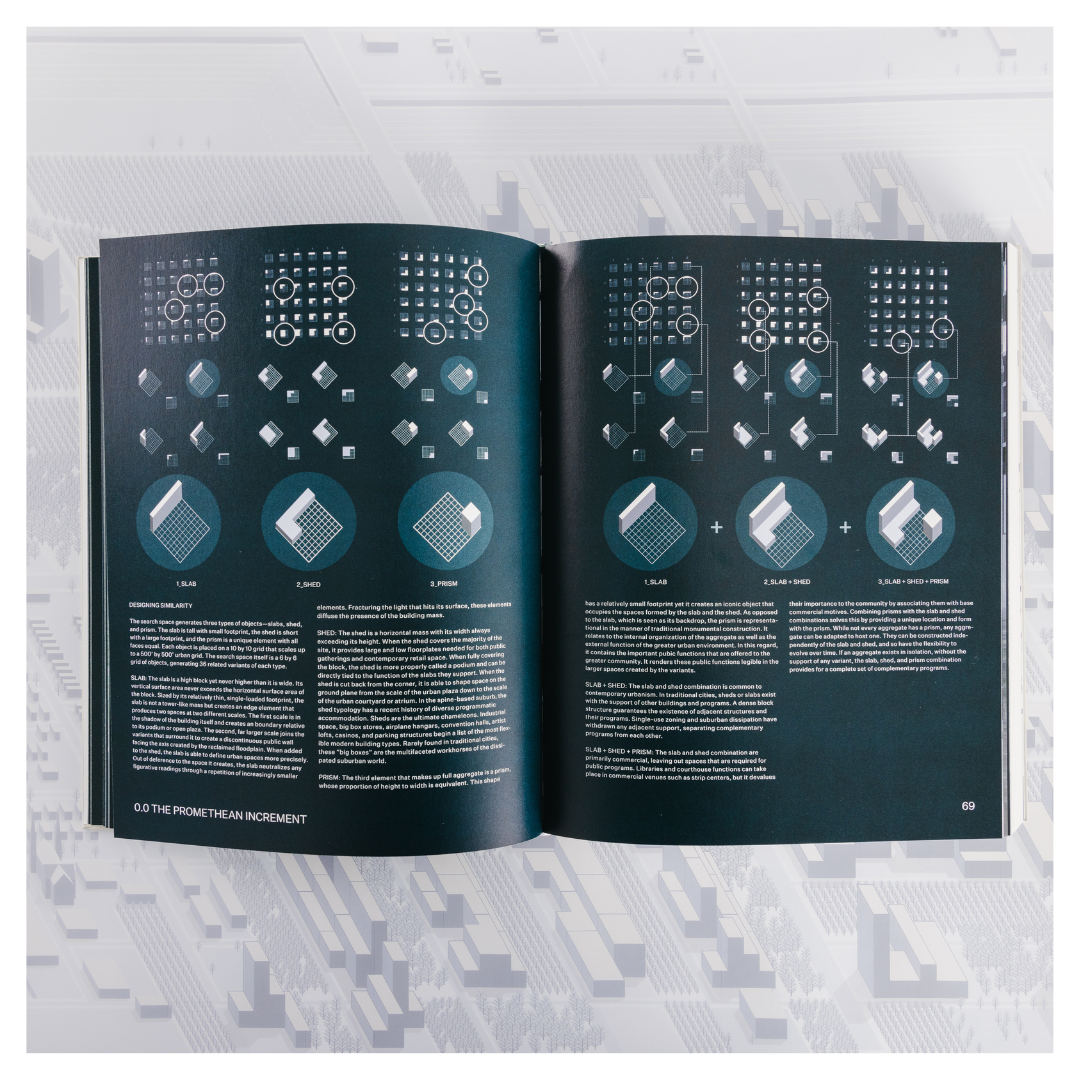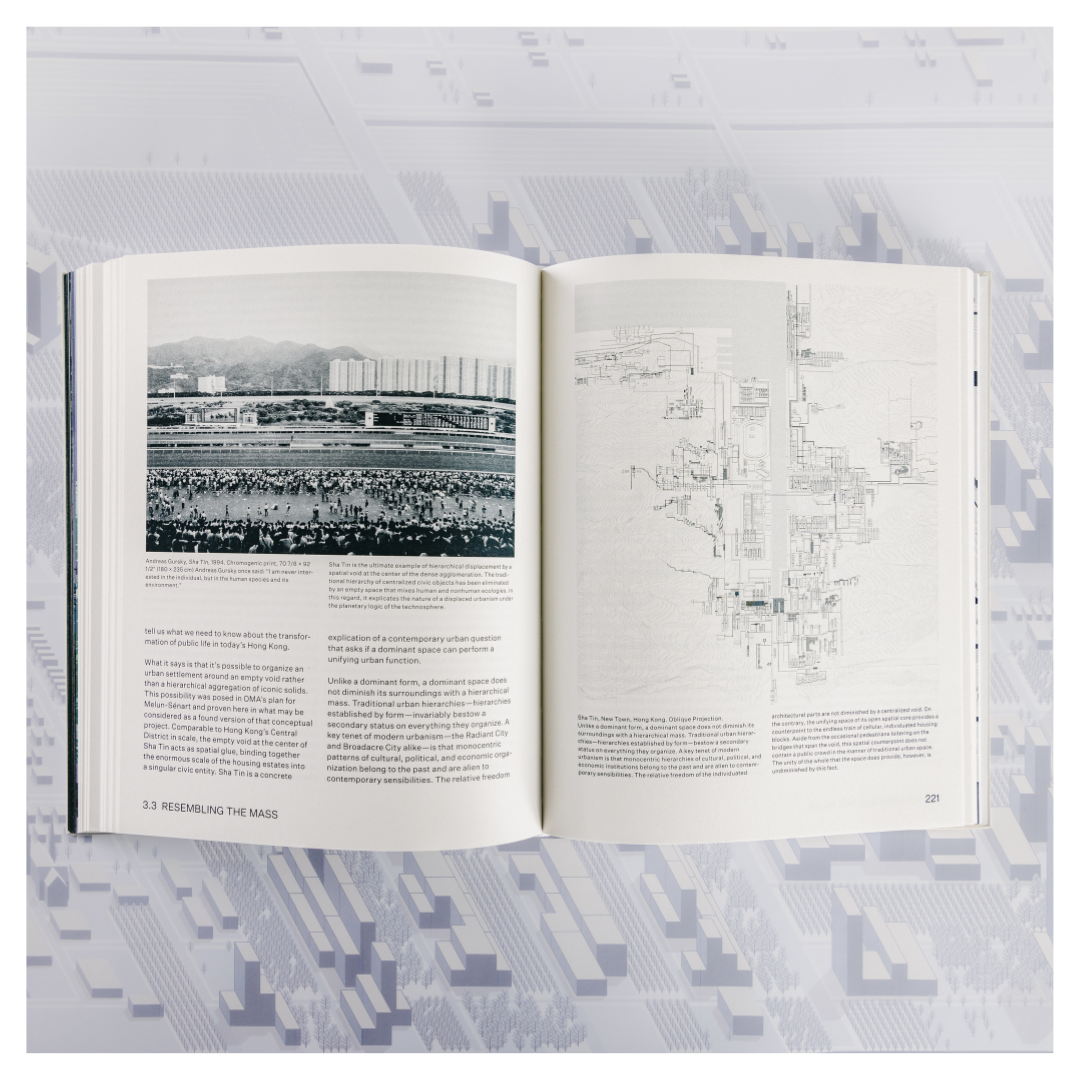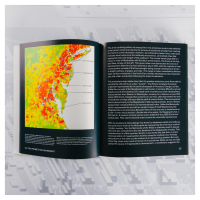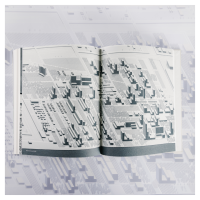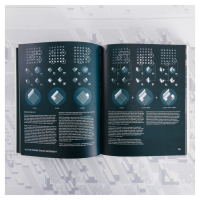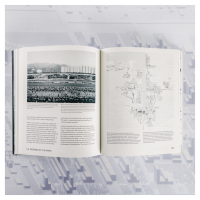Lecture Topic
Albert Pope’s Inverse Utopia: Urbanism and the Great Acceleration (2024) looks at urbanism from the perspective of modernism and postmodernism, as well as at how commercialization has transformed the modern city. In his earlier book Ladders (1997), Pope describes the emergence of the cul-de-sac as a typical manifestation of this trend.
In his new book he argues for the development of architectural and urban forms that respond to contemporary ecological and social challenges. The title refers to philosopher Günther Anders’s observation that “utopians are unable to make the things they imagine, [whereas] others are unable to imagine the things they make.”
Speaker Biography
Albert Pope is the Gus Sessions Wortham Professor at the Rice School of Architecture. His work critically engages the urban implications of postwar development and the pressing challenges of climate change. His current research explores new models of density in response to the extraordinary demands of the climate emergency, aiming to reimagine the future of urban environments. Pope is the author of Ladders (Princeton Architectural Press, 1997), a pivotal study on the postwar American city, and Inverse Utopia (Birkhäuser Press, 2024), which examines urbanism’s essential role in confronting the climate crisis.
His design work has earned numerous accolades, including national and regional awards from the American Institute of Architects and a design citation from Progressive Architecture. His research has been supported by grants from institutions such as the National Endowment for the Arts, the National Science Foundation, and the Shell Center for Sustainability.
A dedicated educator and scholar, Pope continues to teach, write, and lecture on the necessity of advancing a contemporary urban project—one that addresses the critical intersections of urbanism, density, and environmental resilience.
This program is made possible through the generous support of the Betty R. and George F. Pierce Jr., FAIA, Fund; the William B. Coleman Jr. Colloquium Fund for Architecture; and the Wm. W. Caudill Lecture Series Fund.


